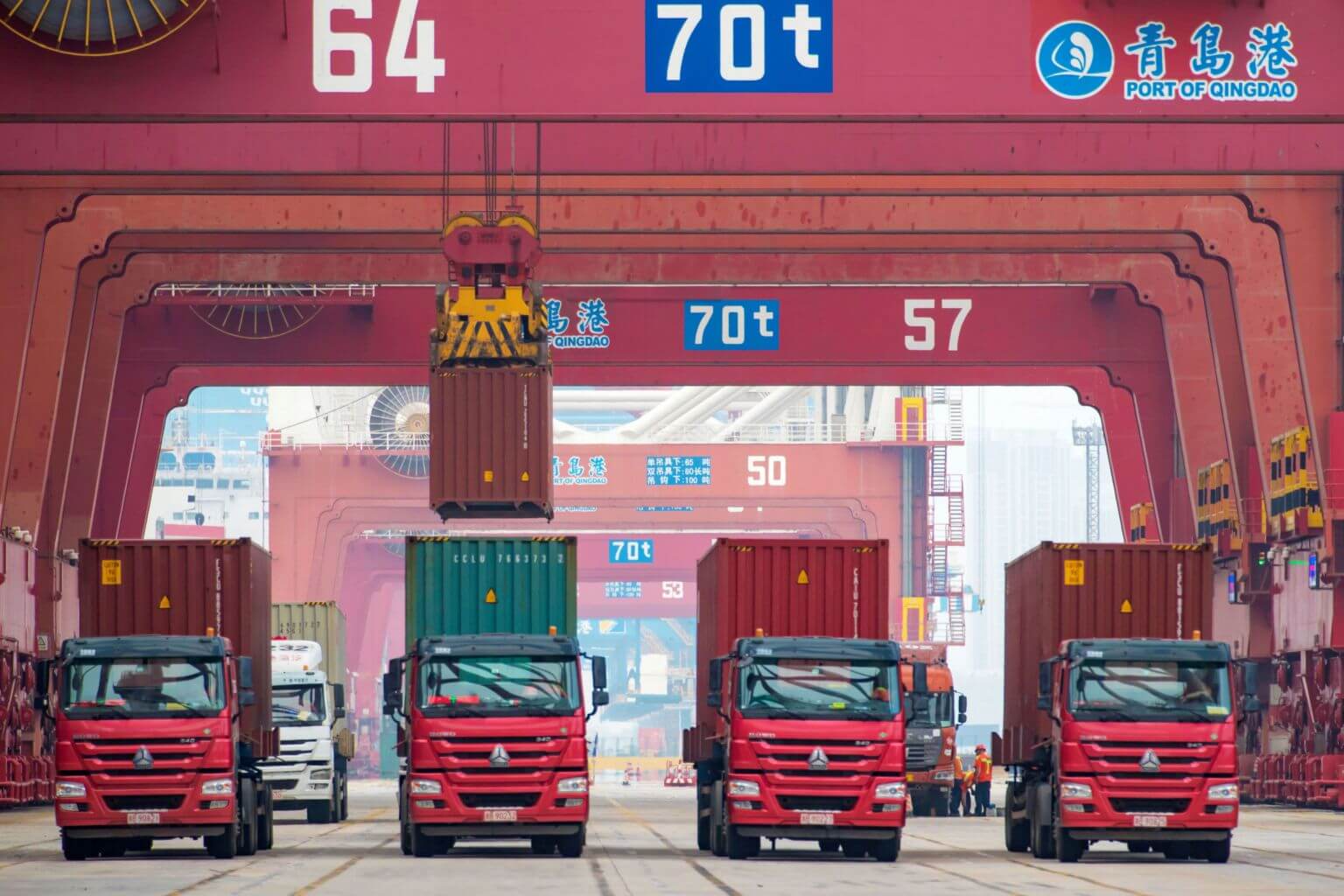Growth slumps to 27-year low in China, with talk of more aggressive stimulus measures
Sign up now: Get ST's newsletters delivered to your inbox

China's trading partners and financial markets are closely watching the health of the world's second-largest economy as the US-China trade war gets longer and costlier.
PHOTO: AFP
BEIJING - China's economy grew 6.2 per cent in the second quarter of this year, its slowest rate in 27 years, as the country's trade war with the United States exacted its toll.
Analysts said they expect economic growth to continue to weaken for the rest of this year, which would likely prompt more aggressive stimulus measures from Beijing.
Data released on Monday (July 15) by the National Bureau of Statistics (NBS) showed that gross domestic product growth in the second quarter had slowed from 6.4 per cent in the first quarter of this year, coming in largely within expectations.
The economy grew by 6.3 per cent for the first half of the year, according to the NBS. The figure is still within the 6 to 6.5 per cent target that Beijing has set for full year GDP growth.
Last year, China's economy grew by a reported 6.6 per cent.
Economists are closely watching the performance of the world's second largest economy as the trade war continues, dragging down other economies, including Singapore, whose second quarter economic growth has slumped to 0.1 per cent.
Speaking at a briefing on Monday (Jul 15), NBS spokesman Mao Shengyong said despite the slowdown, China's economy performed within a "reasonable range".
"Global growth is slowing, the external environment is more complicated than in the past. We are focusing our energy on restructuring and upgrading industries," he said, when asked about what impact the trade war was having on the economy.
But data released on Monday also showed several bright spots. Domestic consumption, as indicated by retail sales, rose 9.8 per cent in June from a year earlier. This is up from 8.6 per cent in May and 7.2 per cent in April - the lowest figure since 2003.
Industrial production in June also grew 6.3 per cent year on year, 1.3 percentage points faster than in May, when it had slumped to a 17-year low.
Peking University finance professor Michael Pettis said GDP growth has slowed because of the trade war, and Beijing's efforts to control debt levels.
One thing to watch for going forward is whether growth numbers pick up - this would be a sign that Beijing is unleashing stimulus measures to boost the economy which could also worsen existing debt risks, he said.
"The numbers (today) are not surprising, what really matters is how Beijing will react to the numbers," said Prof Pettis.
Tsinghua University economist Yuan Gangming said he expects economic growth in the third and final quarter will continue to fall, estimating full-year growth to come in at 6.2 per cent.
Domestic concerns will likely pose greater downward pressure on the economy, he said: "As China makes adjustments to restructure and upgrade industries, this process will also cause economic growth to slow down."
Monday's data follows trade figures released last week, which showed that exports and imports had dipped in June following an escalation of the trade war in May which saw heightened tariffs imposed on Chinese goods.
Although both US President Donald Trump and Chinese President Xi Jinping met at the G-20 in Osaka and declared a trade war truce, tariffs remain on the US$360 billion worth of goods from both sides, while trade talks get underway.
Beijing has so far leaned largely on supply-side stimulus to drive growth. This year it has announced massive tax cuts of almost 2 trillion yuan (S$395 billion) for businesses.
Policymakers have already pledged to take further action. Premier Li Keqiang said at a state council meeting this month that the government would lower tariffs and increase tax rebates to support exporters.
But analysts say the bright spots in June were unlikely to endure, which could prompt the government to roll out stimulus measures to boost demand and drive growth.
A research note by Fitch Solutions Macro Research on Monday said the economic slowdown could result in wage cuts and job losses which would weigh down domestic consumption.
Beijing would likely move to mitigate this, they said: "We believe that the government will soon announce concrete measures in an effort to boost demand, and in particular disposable incomes of rural and urban residents."


